
Dr Oxana Mulholland
Dr Oxana Mulholland is the Investment Director at the London Technology Club, a space for investors and tech professionals to network and exchange ideas within the industry. Here, Dr Mulholland speaks to LUX’s Leaders and Philanthropists Editor, Samantha Welsh about women in the tech industry and the future of the tech world
LUX: With your background in strategic investment advisory, what drew you to specialise in tech investing and VC?
Dr Oxana Mulholland: The simple answer- I love it! Right now, the old industrial platform is collapsing, and we can’t quite make out what’s coming next. Flows of information are fuelling vast networks of knowledge, allowing us to tinker with everything from the building blocks of life to technologies that behave more like natural biological systems. We’re entering a period of increasing human-tech collaboration.
This shift from one platform to the next is likely to create massive amounts of obsolescence, but also opportunity. I see this as a thrilling opportunity for our investments to help shape the future and with the London Technology Club we can bring savvy investors along with us.
LUX: What are the barriers to entry (if any) for women entering this field and how did you deal with these?
OM: The data is compelling. Wage inequality, entrenched views about women’s and men’s roles, a lack of industry role models, and negative stories like Elizabeth Holmes are among the barriers identified by women thinking of entering the field.
Barbara Fredrickson from the University of North Carolina discovered “the positivity ratio” or the fact that it takes three positive thoughts to counter a single negative thought. For me, this “three-to-one” ratio plays out. Even though the roles are there, the data tell us there simply aren’t enough women applying.
I think it’s time we flipped the script. I think it’s time we adopted a growth mindset and reframed these negative data points as rocket fuel. Spend any time with the extraordinary and inspirational women transforming the industry and you’ll experience this first hand. In my experience, these women echo author John Irving’s blunt and straightforward advice on persistence: “Get obsessed, stay obsessed.” Of course, early-stage passion looks very different to late-stage passion. Early-stage passion is multiple curiosities coupled with a few successes. While the goal may be to “get obsessed, stay obsessed,” my advice to women entering the field is “get curious, stay curious.”

LUX: What would you advise other talented women aspiring to join the tech and VC industry?
OM: It is such an important question. It also raises a more fundamental question: We are on the threshold of a new era of human-tech collaboration, so what skills will the next generation of talent need to thrive?
History tells us that in times of rapid change, success favours those who can make big leaps of imagination, courage, and effort. And the faster the world changes the more fluidly you need to adapt. It reminds me of a quote from the renowned futurist Alvin Toffler who wrote, “The illiterate of the 21st century will not be those who cannot read and write, but those who cannot learn, unlearn and relearn.”
So, here’s my advice to the teams I mentor: Instead of expecting traditional business schools to do what they can’t do, take your learning into your own hands. Use traditional courses for what they can do – introducing you to what’s well-known – and in parallel, explore other ways to discover what’s less well-known, what’s special to your own interests, and what’s of real value to you. This could be anything from an apprenticeship to a personal project, or a self-prescribed reading program. But when you shift your focus from results to gaining understanding, you set yourself on the road to mastery. You learn how to learn.
LUX: Which women-led tech businesses are consistently outperforming their markets?
OM: When Ayumi Moore Aoki founded Women in Tech in 2018, I was honoured to join her Web Summit launch event. Since then, Ayumi has turned Women in Tech into a global movement to help women embrace technology. The event was also a pivotal moment for me as I spent time with game-changing trailblazers like Canva’s Co-founder and CEO Melanie Perkins. With her blend of laser focus, drive, and humility, Melanie and Canva’s meteoric rise come as no surprise.
Blockchain and real estate are a potent combination. But only the team at Propy, led by Founder and CEO Natalia Karayaneva are truly disrupting and reshaping the real estate market with automated transactions and the world’s first settlement on smart contracts.

LUX: Where are the most promising areas in the tech landscape right now?
OM: From an investment standpoint, I’m most excited by technologies that increase the opportunities for human-tech collaborations. At a macro level that means AI and Blockchain. While both technologies have always shown potential, it is only now that we’re beginning to understand what they are capable of.
I can see AI reaching a tipping point soon. As massive amounts of information meet quantum processing power it will open new worlds of possibilities. One of the most exciting predictions is the potential to break language barriers, enabling AI to understand and interpret different languages simultaneously.
Right now, someone is creating a blockchain solution to disrupt a traditional business model. Blockchain-enabled business models present a seismic shift to how business is conducted in the future. But navigating dated rules and age-old playbooks is the greatest challenge to its universal adoption. As blockchain becomes more widely and systematically understood I can only see its rapid proliferation into our everyday lives.
LUX: Does your evident passion for discovery spin out to interests beyond tech?
OM: I’ve always believed that travel is the best investment you can make in yourself. Whether it’s an impromptu weekend in the Cotswolds, catching the perfect wave on the Moroccan coast, or exploring the spiritual heart of Bali, leaving my daily habits behind allows me to see things differently. As writer and avid traveller Henry Miller once said, “One’s destination is never a place, but a new way of seeing things.”
Closer to home, there’s nothing I enjoy more than pottery. While spinning clay the world seems to melt away and I lose myself in my creative bubble. Perhaps it’s the elementary combination of earth, fire, air, and water with pure imagination, or just an excuse to get messy, but the transformations are magical.

LUX: So how important is it to achieve a work-life balance?
OM: I have a superpower: I love what I do. And as a tech entrepreneur, my husband loves what he does too. Perhaps it’s why we’re so comfortable blurring the lines between our work life and our home life. It could also be because I feel there’s more value in finding the similarities in things than seeing the difference between them. I’ve always found that while there are two opposing sides to balance, there’s no possibility of progress, only compromise.
The common ingredient when I’ve tried to “do it all” and find I can’t even “do a little” is how well I manage stress. A little stress can be a great motivator, but out-of-control stress can be overwhelming. But I’ve discovered a secret: Stress isn’t about bad experiences; it’s about how much control you have over the bad experiences.
LUX: What pearl of wisdom would you give to your 18-year-old self?
OM: Nothing! I was having so much fun at 18. I’ve always enjoyed having fun. I’ll continue to enjoy having fun. All the choices I’ve made have made me who I am, and I don’t regret a single moment.
Find out more: londontechnologyclub.com

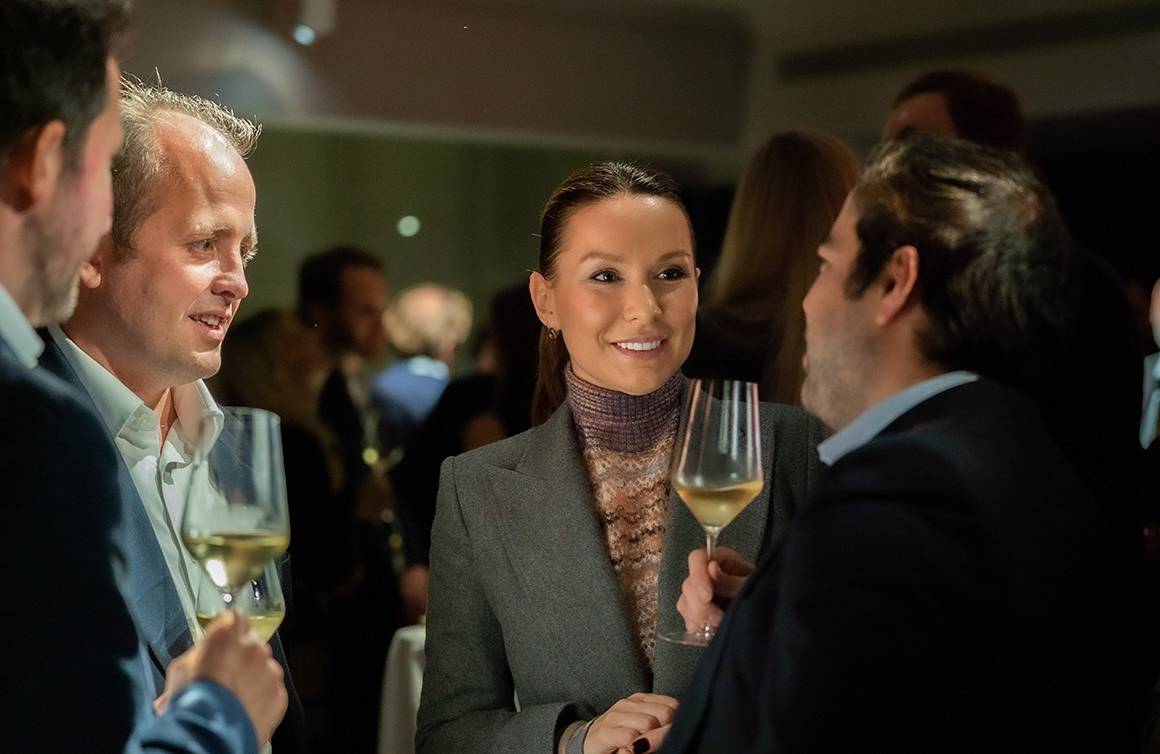
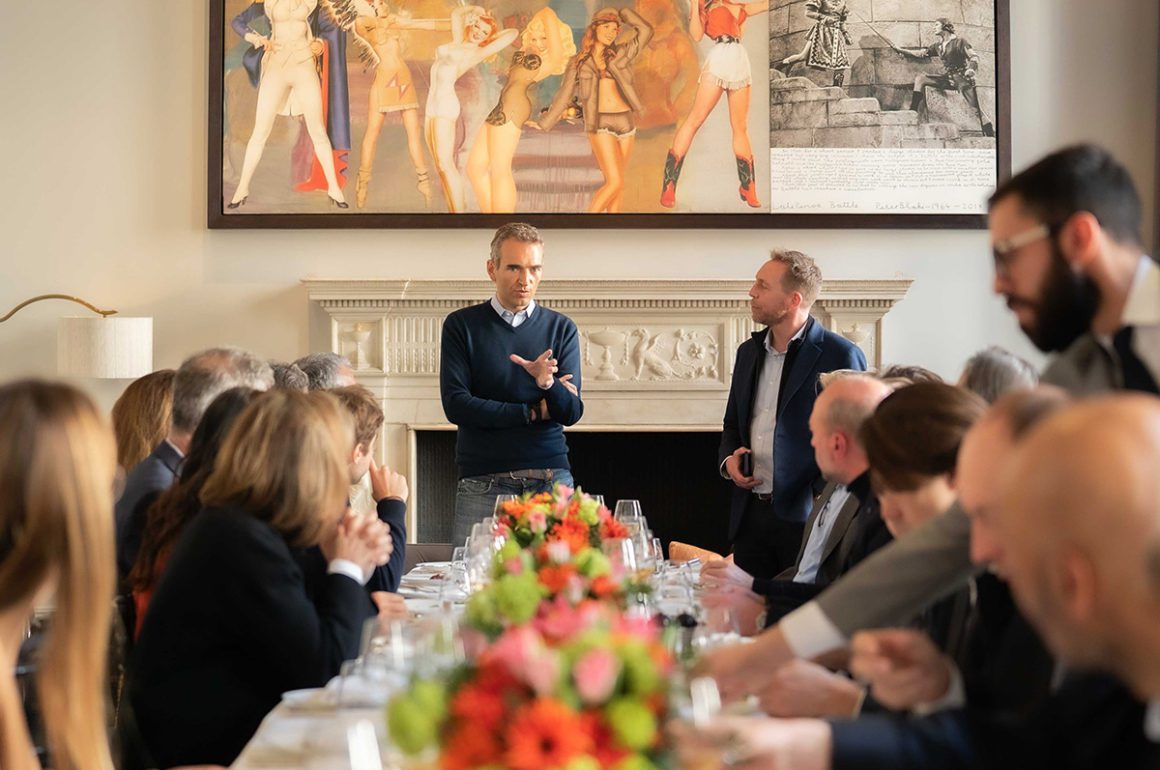


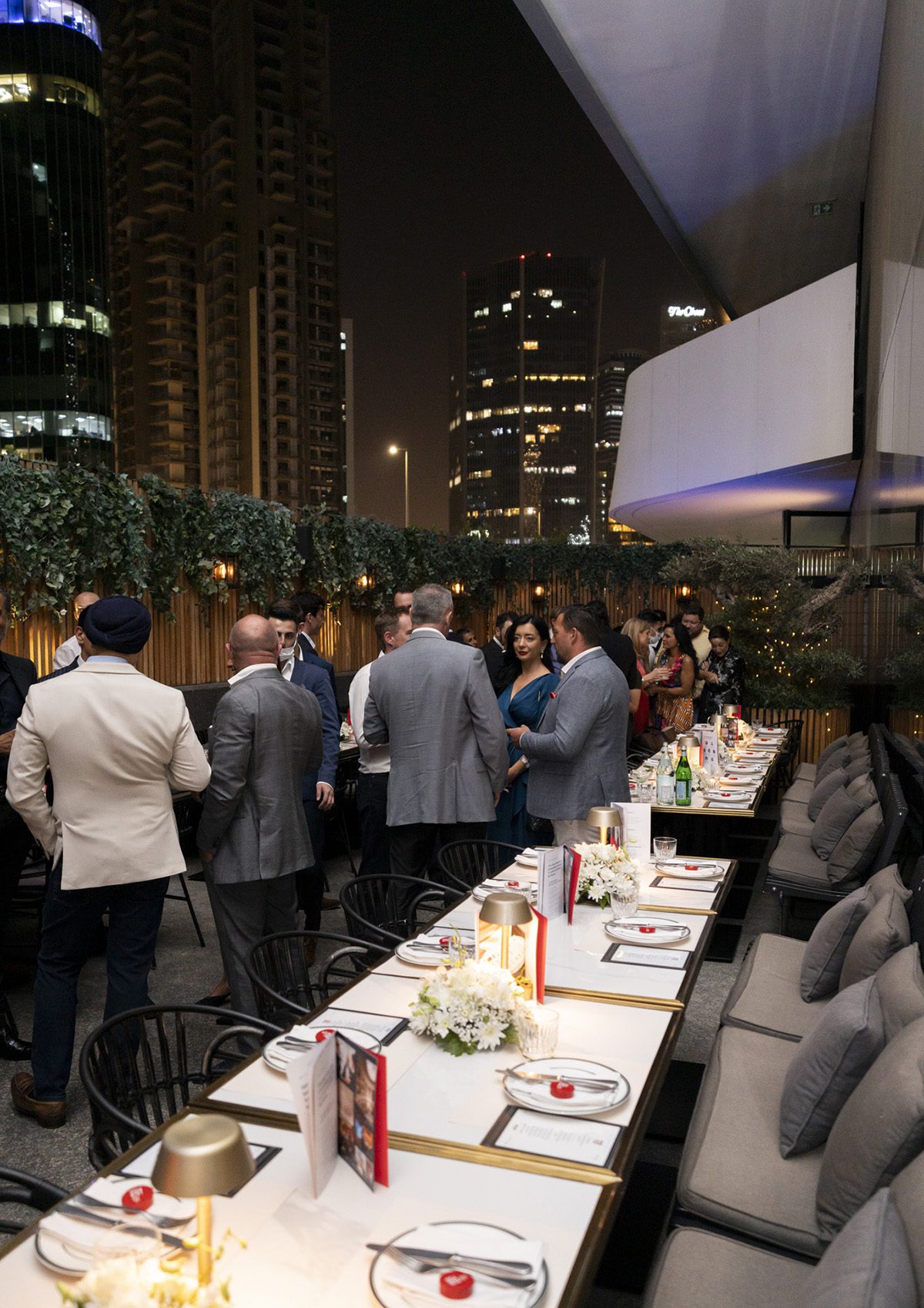
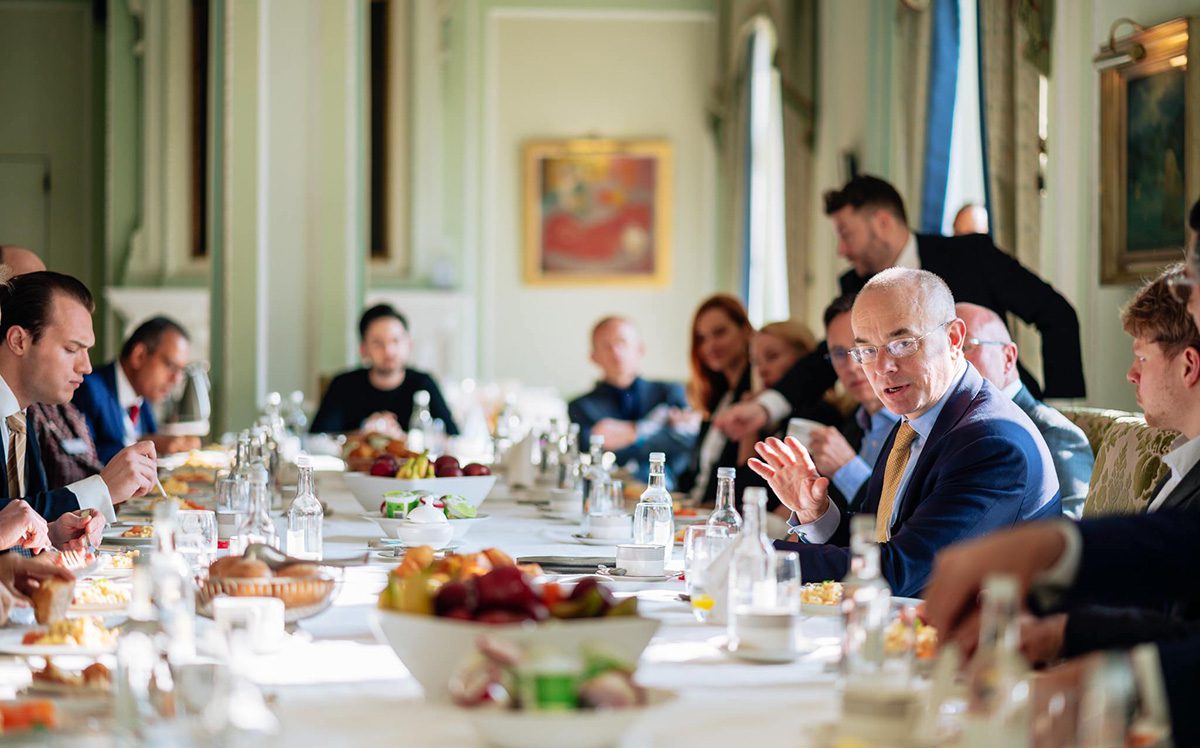
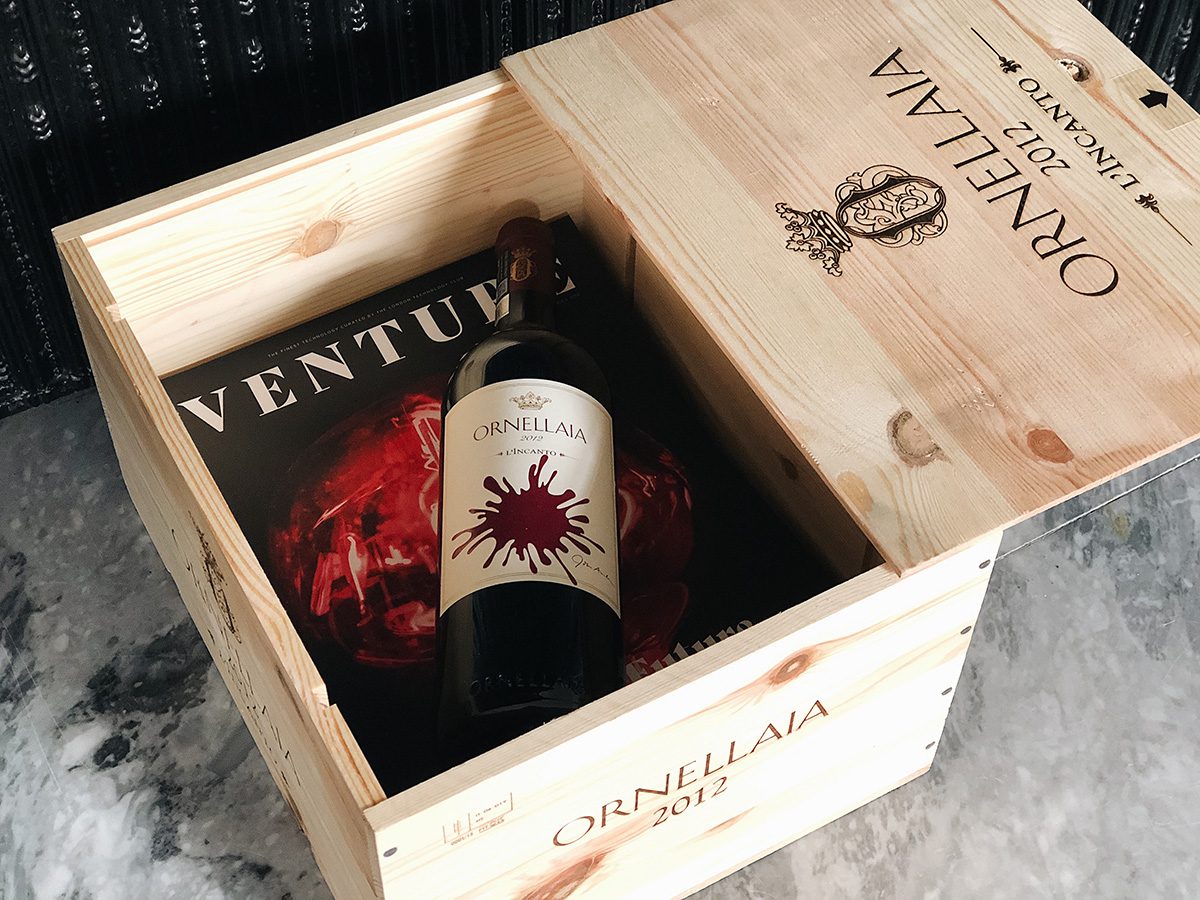





Recent Comments